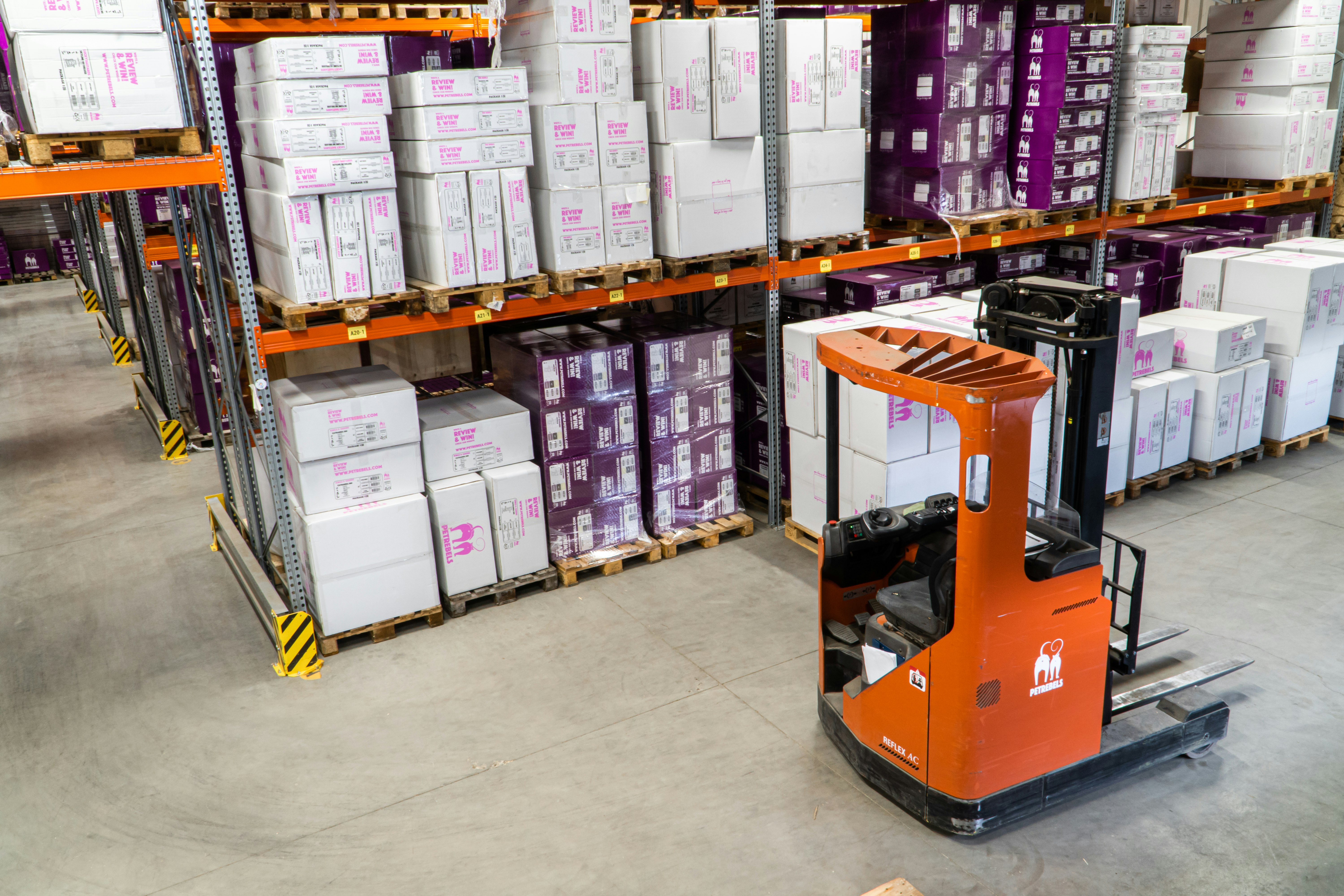While most consumers rely on credit and debit cards for both in-store and online purchases, digital and mobile payments have become an increasingly popular option. In fact, mobile proximity payments are projected to climb to $118 billion in 2018, up from $3.5 billion in 2014. Roughly 1 in 3 North American merchants currently accept the most common digital payment methods; by year-end, those figures are expected to rise to 63% for Apple Pay, 51% for PayPal and 49% for Android Pay.(1) And while bitcoin payments are currently in the early adoption stages, many prominent merchants have started accepting them, including Microsoft, Expedia, Overstock.com, Newegg, Dish Network and Shopify stores.
“The transition to chip-and-PIN payment terminals was just the first of many big changes merchants will face in the coming years,” asserted Monica Eaton-Cardone, co-founder and Chief Operating Officer (COO) of Chargebacks911. “Forward-thinking retailers understand that consumers want options, and dictating the ways customers can pay may hinder some merchants from maximizing their revenue. Just as shops and restaurants with ‘cash-only’ policies are likely to lose business to establishments that accept cards, merchants could miss out on sales if they don’t accept consumers’ preferred digital payment methods.”
Though many merchants have adopted a “wait-and-see” approach for emerging payment methods, Eaton-Cardone advises them to connect with their payment processor to determine the best course of action to expand their payment options. Many processors are already equipped to allow merchants to accept Apple, Android and Samsung Pay; PayPal; Masterpass by Mastercard; and/or Visa Checkout. If a payment processor doesn’t support these payment types and has no immediate plans to do so, she advises merchants to begin exploring other options to ensure they’re ready to meet consumers’ growing demand for alternative payment methods.
When it comes to cryptocurrency, many temper interest with skepticism. On the plus side for merchants, payments made with bitcoin are final—there is no risk of chargebacks—and transaction fees can be reduced or even eliminated. At the same time, there are security concerns given that hackers have scored multi-million-dollar cryptocurrency heists, and many remain wary of bitcoin’s market volatility.(5) Over the course of December 2017, the price of one bitcoin began the month at just under $10,000, soared to a high of nearly $20,000 by mid-month and ended the year closer to $13,000; by March 2018, the price hovered between $8,000 and $11,500.
“Though the verdict may still be out on bitcoin, its supporting blockchain platform offers limitless opportunities for future payment innovations—we could soon be seeing entirely new payment methods that don’t yet exist today,” noted Eaton-Cardone. “Even if merchants aren’t yet ready to dive into the cryptocurrency pool, they’d be wise to keep an eye on industry developments and the experiences of early adopters. Time will tell where the future of payments nets out, but it pays to follow the news and be prepared. The more payment options you’re able to provide consumers with, the broader your potential customer base—and the greater your likelihood of increased revenue, loyalty and customer satisfaction.”
While it may be some years before there is widespread implementation of a payment option that delivers on bitcoin’s promise of zero chargebacks, Eaton-Cardone says there are steps merchants can take now to reduce chargebacks and retain more revenue. She counsels retailers to adopt a solution that combines advanced fraud-detection technology with human expertise to identify the true source of chargebacks, successfully dispute them, eliminate merchant errors and prevent future losses.
Chargebacks911 is dedicated to educating and supporting eCommerce merchants with services designed to reduce chargebacks, maximize profits and fight fraud. To that end, Monica Eaton-Cardone and her team will be participating in a number of upcoming industry events, including the 2018 CNP Expo in Orlando and the 2018 MRC European Conference in Dublin. For details on Chargebacks911’s comprehensive risk management solutions, informative articles and other merchant resources, visit https://chargebacks911.com.
About Chargebacks911:
Chargebacks911, known as The Chargeback Company in Europe, safeguards over 2.4 billion online transactions every year, representing clients in 87 different countries. It is the first global company fully dedicated to mitigating chargeback risk and eliminating chargeback fraud, and the company has won the Customer Choice Award for Best Chargeback Management Solution at the CardNotPresent Awards for two years in succession. As industry-leading innovators, Chargebacks911 is credited with developing the most effective strategies for helping businesses maximize revenue and reduce loss in a variety of industries and sectors within the payments space.



















